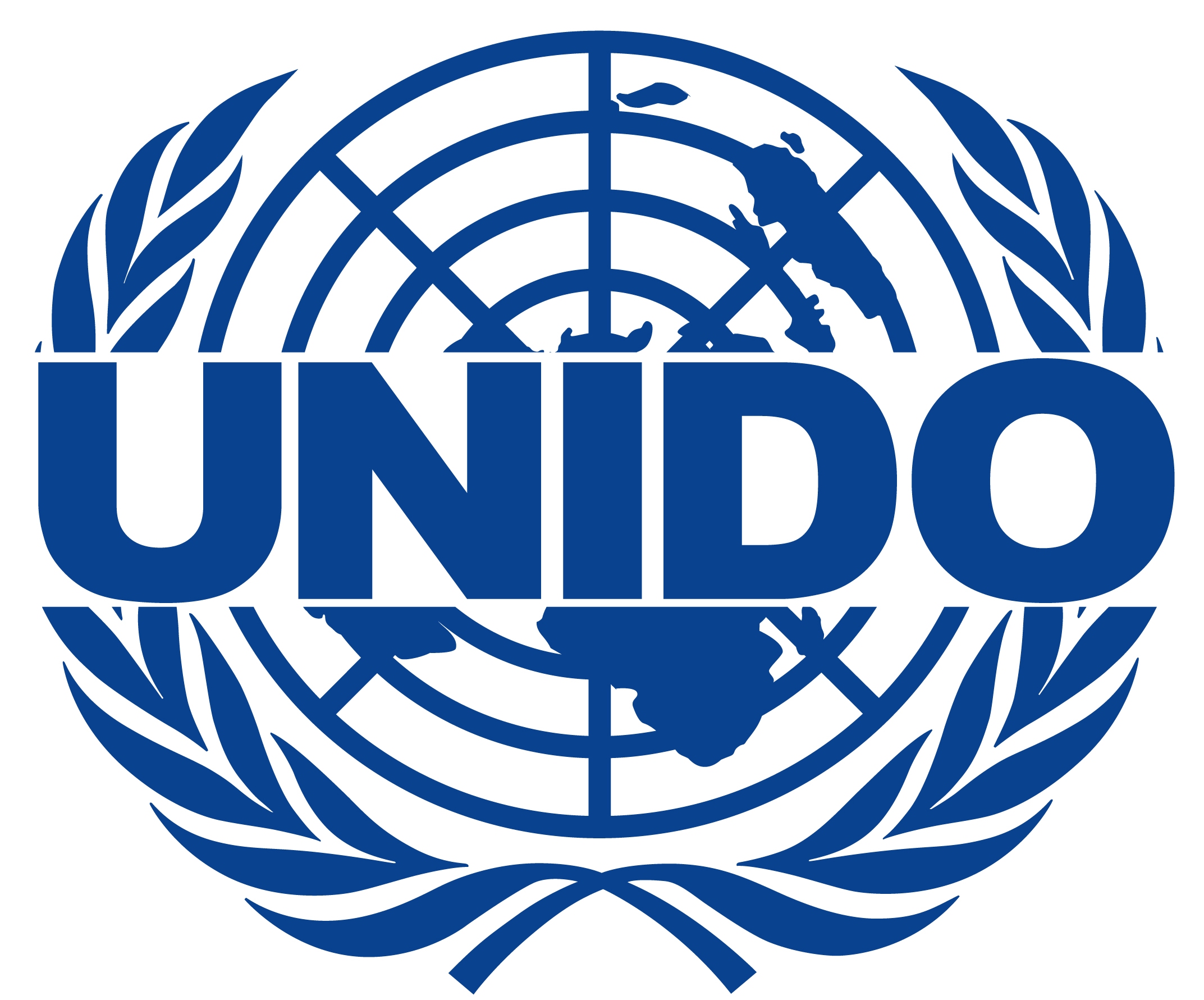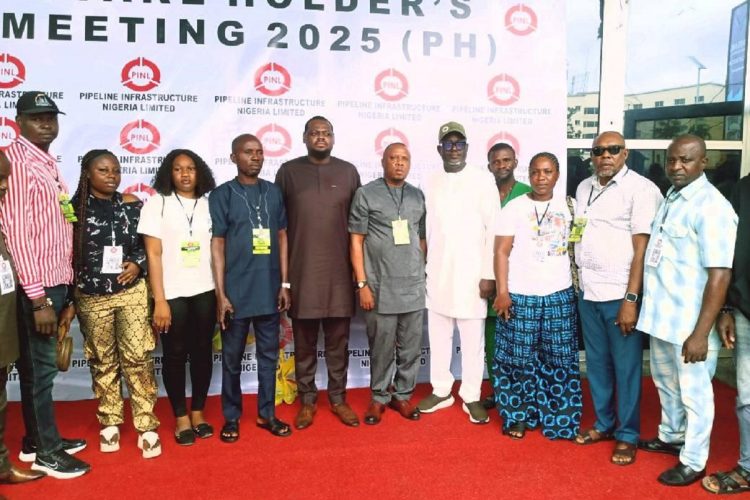
Chevron graduates 14 from Capacity Development Programme
August 25, 2017
UNIDO Pledges Support for SMEs in Nigeria
August 28, 2017The former Regional Director for Africa, UN Habitat, Prof. Banji Oyelaran–Oyeyinka, has advocated for a paradigm shift in Nigeria’s sustainable development, towards eliminating poverty and attaining equitable outcomes for the majority through industrialization.
Oyelaran -Oyeyinka, who delivered lecture of the Oba (Dr.) Kayode Sikiru Adetona Professorial Chair of Governance recently at the OGD Hall, Olabisi Onabanjo University, Ago Iwoye, generated innovative ideas and fresh insights that will assist the search for economic redemption.
Speaking on ‘From Consumption to Production: A Roadmap for Getting Nigeria out of Economic Recession’, the professorial fellow at the United Nations University, Mastricht, Netherlands and the Open University, United Kingdom, noted that the heart of the Sustainable Development Goals (SDGs) for all countries is an emphasis on productive activities represented by two core goals namely, Goal 8: “Promote sustained, inclusive and sustainable economic growth, full and productive employment and decent work for all”, and Goal 9: “Build resilient infrastructure, promote inclusive and sustainable industrialization and foster innovation”.
The don unearthed how Nigeria found itself in this bad governance. “The architects of Nigeria’s various Development Plans rightly believed in the transforming power of rapid industrialization fueled by the acquisition of highly-intensive large-scale industrial plants such as iron and steel, petrochemicals and aluminium plants. Unfortunately, they were far less informed about the complexity of and the often tortuous and risky path of mastering these technologies.
“To compound this fundamental misconception, these planners were far too sanguine and too optimistic about the technical and institutional capacities of our country in the 1970s to absorb a knowledge set that was largely alien to the Nigerian environment. At the policy level, much of the decisions relied on public servants, with the advice of young engineers relying on no more than theoretical knowledge of how industry works, assumed the enormous responsibilities of planning and managing large-scale process plants, which were roles for which they were ill-prepared. As history shows, public ownership of industry in Nigeria has achieved minimal success. Parastatal industries, which were largely import substituting, were grossly inefficient. They were generally plagued by excess capacity because of the inability to maintain plants locally, to substitute local for foreign materials, and to provide basic technical management skills. Plants also faced perennial shortages of basic components and parts, which are commonplace items within the industrial system of advanced economies. More critically, it would seem that misplaced assumptions by Nigerian planners concerning the nature of industrial systems underpinned the decision to establish these industries.”
According to him, the Nigerian economy has significant structural weakness, which has made it impossible for Nigerian workers to benefit from the growth in GDP. “A real transformation should be broad based and improve social conditions especially job creation, inclusion and poverty reduction.
“Countries that make social and economic progress do experience structural transformation. Structural change is the change in an economy’s structure from low productivity, labour intensive activities to higher productivity, capital and skill intensive activities,” Oyelaran–Oyeyinka posited.
Prof. Ayo Olukotun of the Department of Political Science, Olabisi Onabanjo University, said that there are conflicting reports, as to whether Nigeria is out of the current recession marginally, or whether its economy is still very much in the throes of the ongoing recession.
He said: “The problems we face are not contingent but structural, they are nor emergent but systemic. What are required therefore are panaceas beyond the over generalizations that politicians and publicists offer. Nigeria cannot realize this aspiration under the current arrangement of the de-industrialization of the country, marked by the shut-down or relocation to other countries of industries that were once located here.”
Culled from: Guardian









